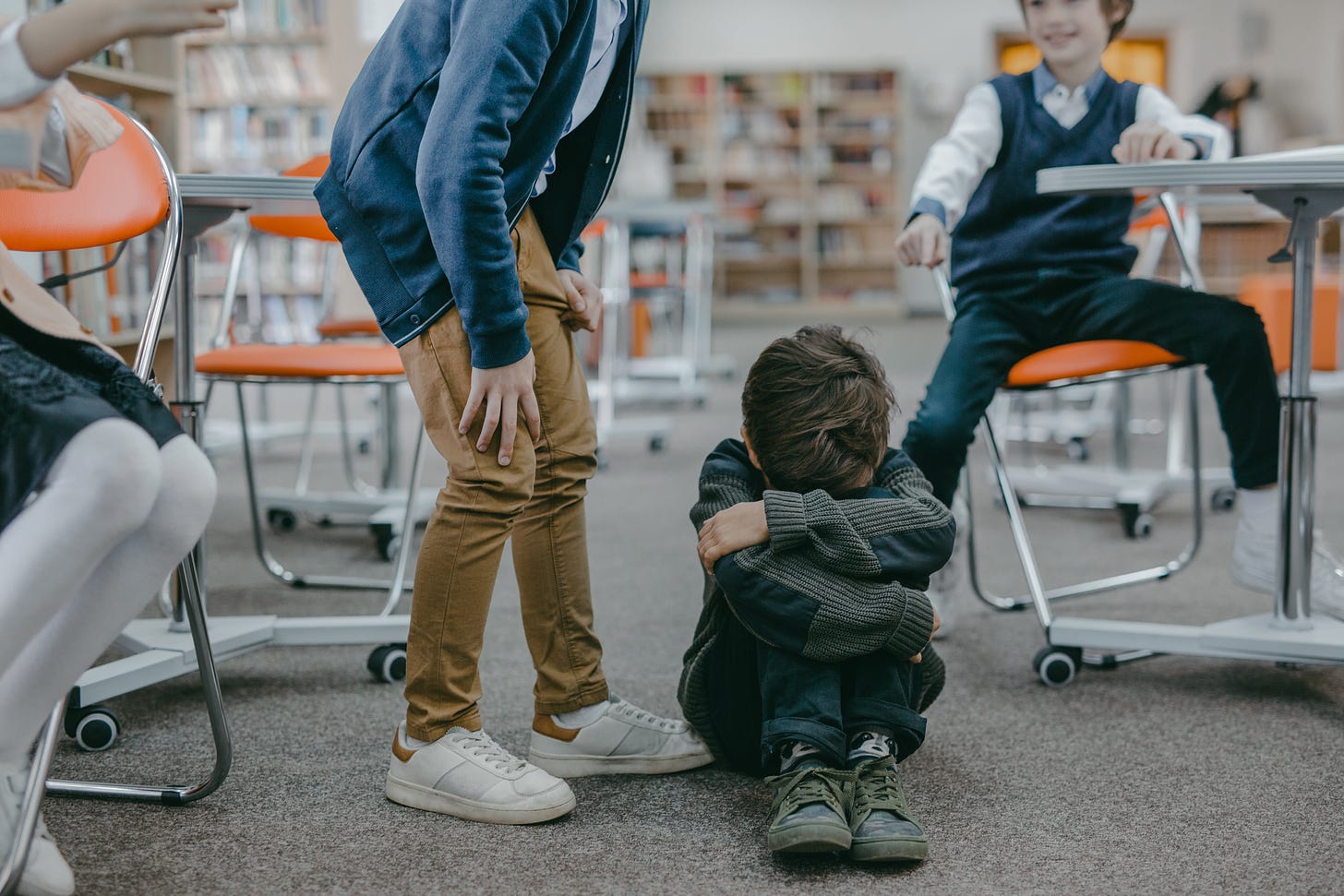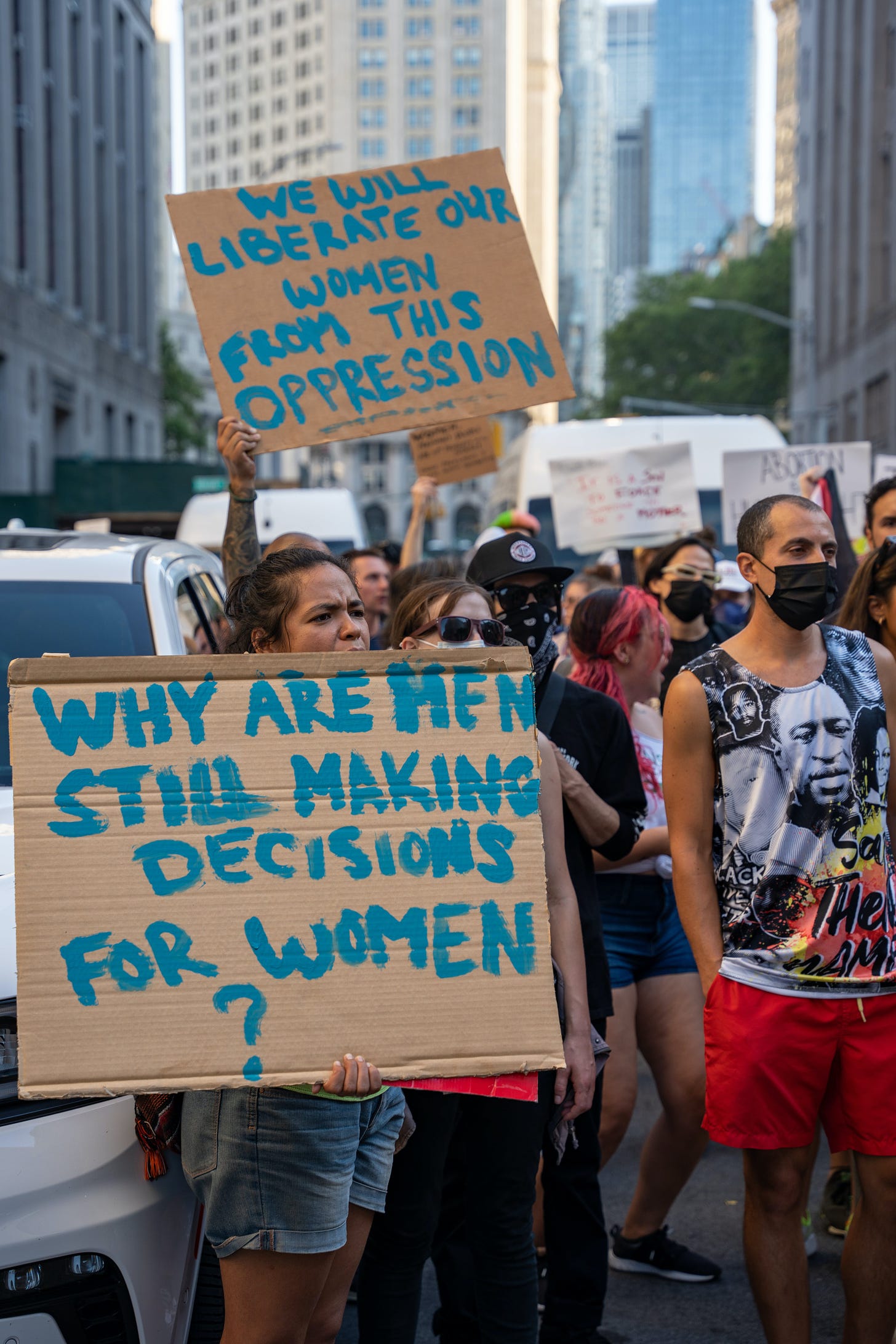In This Week’s Email
What’s on our mind: The cycle of socialisation & how we learn to hate
The latest episode of Techish
Free inclusion resources
The cycle of socialisation: we are not born racist
“Nobody’s born racist; we all found it.” Christian Picciolini, a former neo-Nazi punk rock musician turned author, public speaker and founder of the Free Radicals Project categorises racism as a form of learning which derives from fear, prejudice and hate.
In a 2017 Ted Talk, Picciolini talks about his experience of being recruited by a neo-Nazi when he was just 14 years old, and how his inexperience and naïvety allowed the movement to take over his life.
By targeting a young, inexperienced, uneducated and scared adolescent, Picciolini became a force for the bigotry movement and helped fuel the hatred.
It’s hard to believe that anyone could be so influential, yet racially fuelled socialisation allows this type of destructive power to grow as a result of peer justification and societal oppression.
In The Cycle of Socialization, written by Bobbie Harro, Harro states that each individual is born into a ‘specific set of social identities,’ which are formulated by one’s gender, ethnicity, skin colour, sexual orientation, ability, religion, sexual orientation and economic class. “These social identities predispose us to unequal roles in the dynamic system of oppression. We are then socialised by powerful sources in our worlds to play the roles prescribed by an inequitable social system.”
According to Harro, if we were to take a deep dive into what fuels the cycle of socialisation, the main drivers are fear, ignorance, confusion and insecurity.
We are born into a world where oppression is already in place, but with no prejudice of our own.
Our first socialisation is with friends and family, people we trust and people we begin to build relationships with. This starts to shape our self-perception and perception of others.
As we grow older, these perceptions are challenged, either by education, cultural representation – or misrepresentation and social or economic structuring, which results in information becoming misconstrued.
We are then exposed to a level of enforcement which fuels this confusion and allows oppression to grow.
The line between right and wrong becomes blurry, which fuels insecurity and fear – resulting in misperception, inequality and anger – for those with and without power.
The continuation of this cycle can only be broken if the system is challenged and society questions the equality of its structure. Without this, the cycle continues.
Activities to try in your team
In your next team meeting or all-hands. Ask folks to reflect on what age they were when they first noticed prejudice of any form: with regard to religion, race, class or anything else. Invite them to share the story of what happened at that age and how that made them feel.
Re-framing constructive feedback through the lens of bias. Reflect on an experience from your own career where someone said something that showed their lack of cultural awareness, or perhaps reflect on one of your faux pas. What was the incident? How could that have gone better, if at all?
Think about your last 1:1. Are there people on the team who don’t tend to have an influential voice when it comes to driving culture and making decisions? What could be done to better understand their perspectives and make them feel included?
New habits to make a difference
If we are not born with prejudice but learn it, that means we can unlearn it, too. Consider what content you consume that features any type of prejudice – it could be newspapers, certain film directors whose films lack balance or progressive views, maybe even a podcast hosted by someone who does not shy away from controversy.
Consider how the perspectives you consume impact the perspectives you share in conversations at work and at home. What could you do differently to hear from a wider range of perspectives?
Can you challenge yourself to read the same news story from a range of different sources to see how prejudice plays out across different journalists views? Can you challenge yourself to watch history documentaries that re-tell the same events from a wide range of global perspectives, again with the aim of understanding how our views can be vastly different based on our nationality, culture and so much more?
Brand new #Techish, listen to the latest episode
Listen to one of the UK’s Top podcasts — co-hosts Michael and Abadesi dive into the essential stories across tech and pop culture🍿💰🎧.
Leave us a review on Apple Podcasts to get a shoutout on the show! 😊






